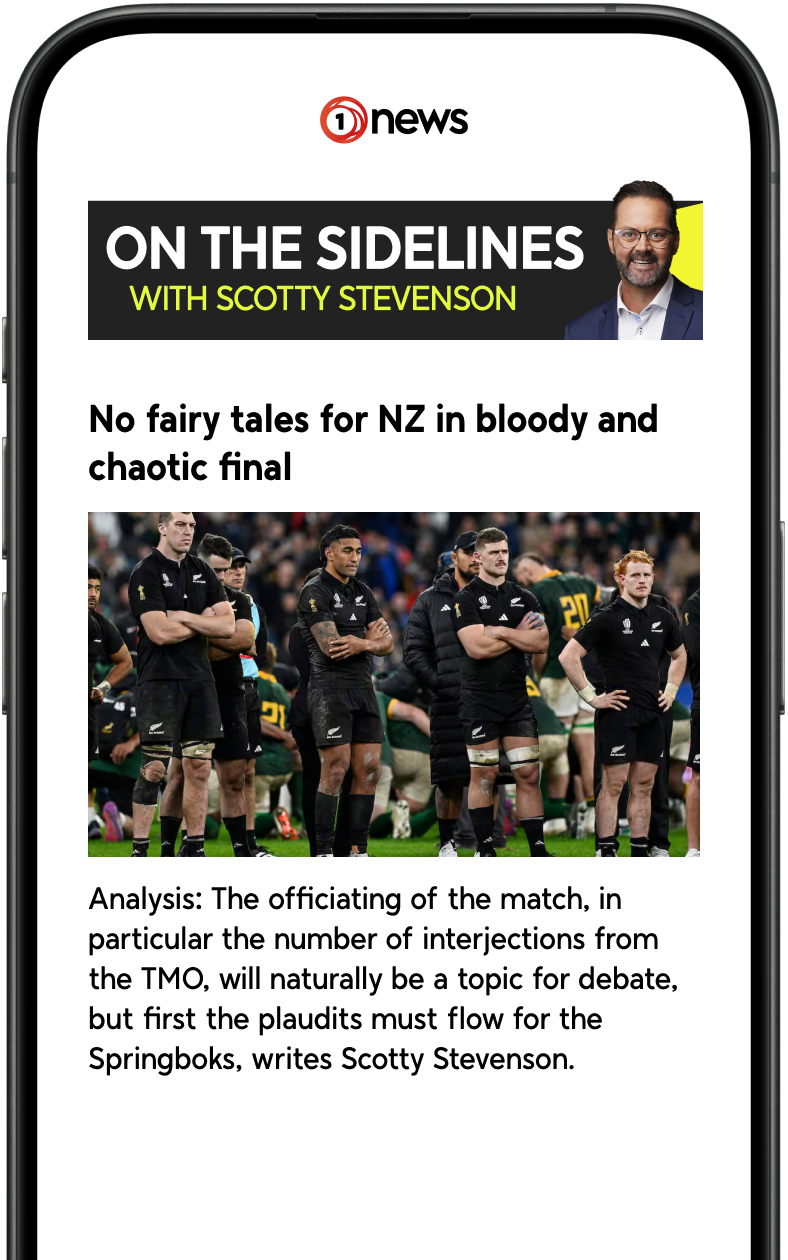A combined 26 years of experience in vision-impaired bowls has Sue Curran and David Stallard hopeful of a 2018 Commonwealth Games medal win in the coming weeks.
Curran, 71, has had a retina dysfunction for the past 30 years, but only took up lawn bowls after she retired, thanks to encouragement from her late step-father.
Stallard, 70, has been playing for about 20 years, having moved over from indoor bowls, but what makes his success in the sport even greater is that he is also partially deaf.
In the 2014 Glasgow Commonwealth Games the pair competed in the B2/3 mixed doubles, Curran having only picked up lawn bowls 18 months earlier.
The pair made it to the Bronze medal match but sadly missed out on the podium finish.
"I think we've put much more into this Commonwealth Games than we did the previous one, we've had more time to prepare, we've had a lot more practice a lot more training sessions," Curran told 1 NEWS on the Gold Coast.
"I was totally inexperienced and my director was reasonably inexperienced, so this time we have got a lot more experience on board."
Gaining that experience as a team has not been easy for the pair who live in separate towns.
"Sue lives in Hamilton and I live in Auckland, occasionally we try to come up for a practice, but it doesn’t really happen," said Stallard.
Stallard's director Peter Blick plays with him most games, whereas Curran gets club members to help with direction as her director Ann Muir lives in Whangarei.
"We’re a bit scattered," joked Curran.
But they insist they have been getting a lot of their own game time at various clubs, often playing with sighted players.

"They certainly don’t give me an easy time, and I have beaten them."
The pair plays with directors who act as their eyes on the field, somewhat like a golf caddy they’ll tell them the conditions of the green, how far away the bowl is and so on.
But it's not easy to turn that information into a picture in your mind and it takes about six months to get the feel of the bowl and know the distance, says Stallard.
"We're both at the stage where if we put up one that’s going to be too short, we know pretty much straight away as soon as it goes, whether it’s short or too heavy," says Curran.
Watch FULL LIVE COVERAGE of the 21st Commonwealth Games free-to-air on TVNZ from April 4, 2018.
The Gold Coast 2018 games will boast the largest-ever Para-Sport programme in Commonwealth Games history, comprising up to 300 para-athletes and 38 medal events across 7 sports.
And it is the first time para-athletes will be competing at the same time as the able-bodied.
Which makes the games even more special for Curran and Stallard who hope to raise more awareness for their sport.
"I think it's brilliant that they’re mixing us in with able bodied players," said Curran.
New Zealand's Lawn Bowls team for the Commonwealth Games:
Ali Forsyth (Men’s Fours/Men’s Triples), Blake Signal (Men’s Pairs/Men’s Fours), Mike Nagy (Men’s Triple/Men’s Fours), Paul Girdler (Men’s Triples/Men’s Fours), Shannon McIlroy (Men’s Singles/Men’s Pairs), Jo Edwards (Women’s Singles/Women’s Pairs), Katelyn Inch (Women’s Triples/Women’s Fours), Mandy Boyd (Women’s Triples/Women’s Fours), Tayla Bruce (Women’s Triples/Women’s Fours), Val Smith (Women’s Pairs/Women’s Fours), David Stallard (B2/B3 Pairs), Sue Curran (B2/B3 Pairs), Bruce Wakefield (B6/B7/B8 Triples), Barry Wynks (B6/B7/B8 Triples), Mark Noble (B6/B7/B8 Triples).




















SHARE ME